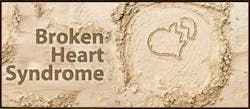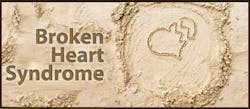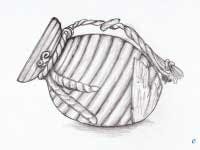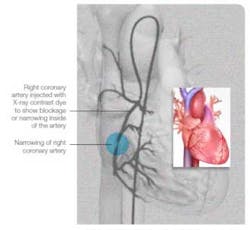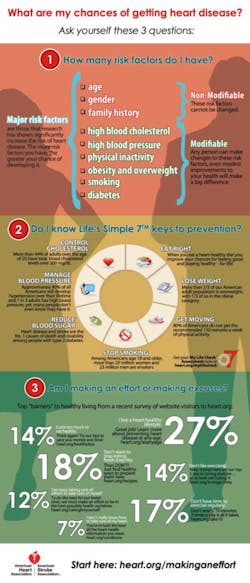Is broken heart syndrome real?
Octopus pot
Broken heart syndrome may be misdiagnosed as a heart attack because the symptoms and test results are similar. Actually, tests show dramatic changes in rhythm and blood substances that are typical of a heart attack. Dissimilar to a heart attack, there is usually no evidence of blocked heart arteries in broken heart syndrome.(1) In this syndrome, a part of the heart temporarily enlarges and doesn’t pump well, while the rest of your heart functions normally or with even more forceful contractions. Researchers are just starting to learn the causes, and how to diagnose and treat it. Broken heart syndrome can lead to severe, short-term heart muscle failure, but is usually treatable. Most people who experience it make a full recovery within weeks, and they’re at low risk for it happening again. In rare cases in can be fatal.For more information and case reports, read about Takotsubo Cardiomyopathy, or Broken-Heart Syndrome in the Texas Heart Institute Journal.(6)
References
1. http://www.heart.org/HEARTORG/Conditions/More/Cardiomyopathy/Is-Broken-Heart-Syndrome-Real_UCM_448547_Article.jsp.
2. http://emedicine.medscape.com/article/1513631-overview.
3. http://www.heart.org/HEARTORG/Conditions/Arrhythmia/AboutArrhythmia/About-Arrhythmia_UCM_002010_Article.jsp.
4. http://www.heart.org/idc/groups/heart-public/@wcm/@hcm/documents/downloadable/ucm_300436.pdf.
5. http://www.heart.org/HEARTORG/Conditions/More/MyHeartandStrokeNews/What-Are-My-Chances-of-Getting-Heart-Disease-Infographic_UCM_443749_SubHomePage.jsp.
6. Virani SS, Khan AN, Mendoza CE, Ferreira AC, and de Marchena E. Takotsubo Cardiomyopathy, or Broken-Heart Syndrome. Tex Heart Inst J. 2007; 34(1): 76–79. http://www.ncbi.nlm.nih.gov/pmc/articles/PMC1847940/.
